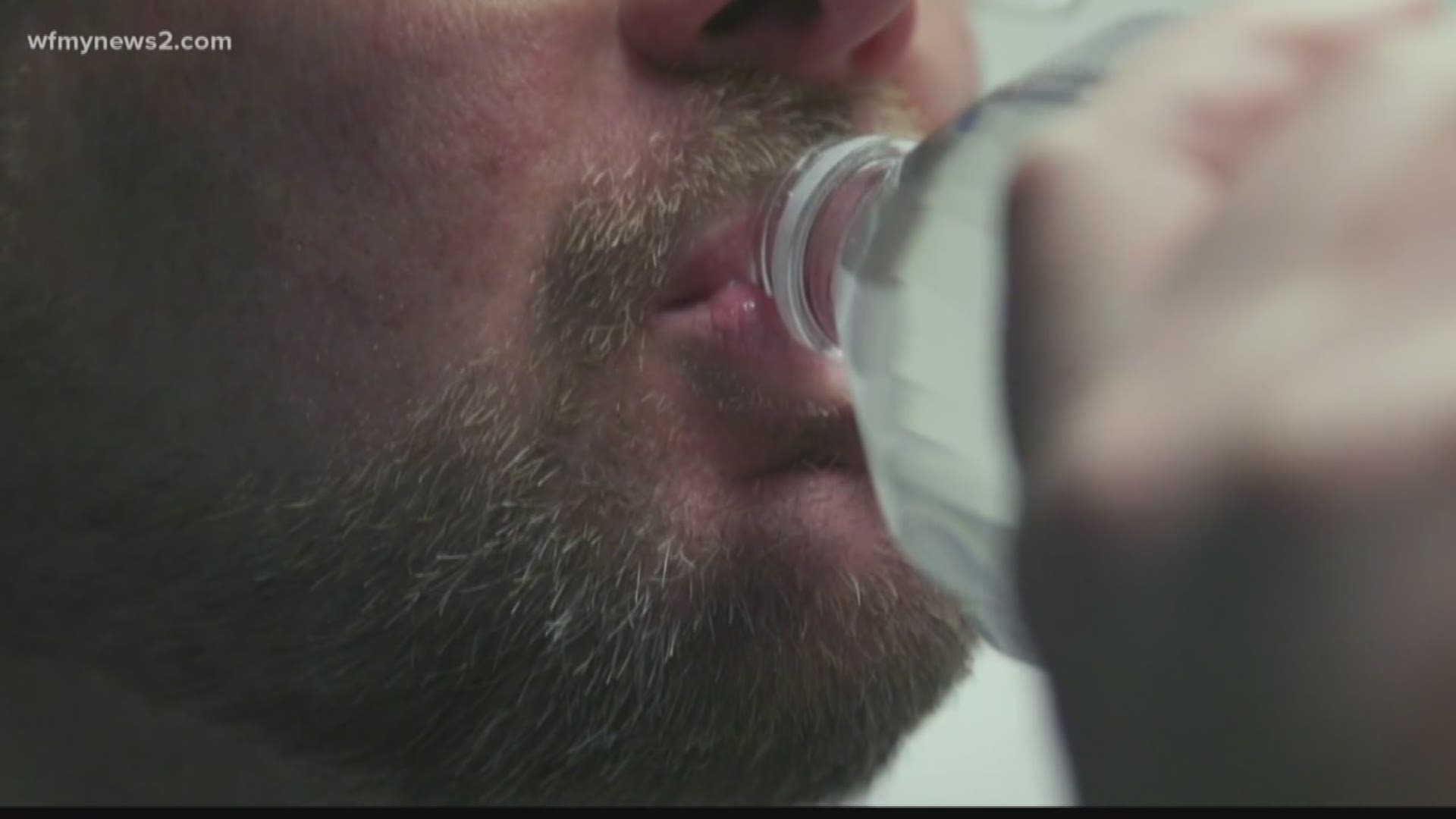It might surprise you to know that side effects from common over-the-counter drugs, such as ibuprofen (Advil, Motrin IB, and generic) and allergy meds containing diphenhydramine, prescriptions such as fluoroquinolone antibiotics, or even the popular supplement St. John's wort, can spoil your summer fun.
Those and many other common medications can increase your risk of heat-related illness, or they can make your skin more sensitive to sunlight, increasing your risk of sunburn or worse—causing photosensitivity, a reaction that can cause red, painful, or itchy rashes, or in severe cases, blisters.
"When we say that a medication causes photosensitivity, we mean that it causes a chemical change in the skin that makes it react abnormally to the sun’s ultraviolet rays," says Jessica Krant, M.D., a board-certified dermatologist and a member of Consumer Reports' medical advisory board.
Photosensitivity comes in two basic forms: phototoxic and photoallergic reactions, explains Krant. In phototoxic reactions, UV rays interact with your medication—leading to a rash that looks like bad sunburn within minutes of sun exposure.
Less common, though equally bothersome, are photoallergic reactions. These occur when UV rays trigger chemical changes that cause your body to treat a substance as though it's an allergen. This happens, for example, with certain topical nonsteroidal anti-inflammatory drugs, such as diclofenac (Pennsaid, Voltaren gel). The result is a red, itchy, scaly rash that develops 24 hours to several days after you’ve been in the sun.
You may experience more severe skin issues as well, Krant says. For example, the widely used diuretic hydrochlorothiazide (HydroDiuril and generic) in combination with sun exposure can cause hyperpigmentation, or permanent dark patches on your skin.
Rising Temps Raise Dehydration Risks, Too
Sunburn and skin problems aren't the only summer-induced drug side effects to know about. Some medications, notably diuretics, can make you less thirsty or cause you to urinate more, increasing your risk of dehydration.
Other common drugs, such as the antidepressant amitriptyline (such as Elavil and generic) and the overactive-bladder drug oxybutynin (such as prescription Ditropan and the OTC patch Oxytrol) reduce your ability to sweat, making it difficult for your body to regulate its temperature properly.
"All of those effects raise your risk of heat-related illnesses," warns Krant, including muscle cramps, heat exhaustion, and most seriously, heat stroke, which can rapidly escalate to a medical emergency.
How to Protect Yourself
Though not everyone will experience an adverse reaction, if you do take one or more medications that can increase your sensitivity to sun and heat, the following safety strategies can minimize your risk:
Know your meds. "Drug side effects from heat and sun are too often overlooked," Krant says. To stay safe, she recommends asking your doctor or pharmacist whether any of the medications you use could cause sun or heat sensitivity.
If so, ask whether you can take these medications at night—which may reduce the chance of a sun-related reaction—or whether you might be able to stop taking some higher-risk medications altogether.
Hydrate. Sip nonalcoholic liquids throughout the day, even if you don’t feel thirsty. If you take a diuretic or have a medical reason to limit fluid intake, ask your doctor how much you should drink.
Be sun-safe. Use sunscreen daily, reapply often, and cover up (think sun-protective clothing and a wide-brimmed hat) when you’re outdoors during the day.
Seek shade. Stay in the shade or avoid being outdoors when the sun’s rays are at their peak. As a rule of thumb, if your shadow is shorter than you are, the UV light is at its strongest. Also, avoid tanning beds.
Stay cool. Try to limit outdoor activities to the morning or evening, and seek refuge in air-conditioned rooms when it’s sweltering.
Know the signs of heat illness. If you develop a headache, racing pulse, or rapid breathing, or feel light-headed, nauseated, or weak, lie down in a cool room with your feet above your heart. Apply wet cloths to your skin and drink a half-cup of a sports drink or a solution of 1 teaspoon of salt in a quart of water every 15 minutes.
Meds That Might Increase Sun Sensitivity
Acne and aging skin treatments: Products containing salicylic acid (Clearasil Pore Cleansing Pads) and tretinoin (Retin-A, Renova).
Antibiotics: Fluoroquinolone antibiotics such as ciprofloxacin (Cipro); sulfa antibiotics such as sulfadiazine; tetracycline antibiotics such as doxycycline (Doryx).
Antidepressants: Tricyclic antidepressants such as amitriptyline (Elavil), doxepin (Sinequan), and nortriptyline (Pamelor).
High blood pressure drugs: ACE inhibitors such as benazepril (Lotensin) and captopril (Capoten); angiotensin II receptor antagonists such as valsartan (Diovan) and thiazide diuretics such as chlorothiazide (Diuril) and hydrochlorothiazide (HydroDiuril).
Pain medications: Ibuprofen (Advil, Motrin) and naproxen (Aleve, Naprosyn); topical pain relievers such as diclofenac (Voltaren gel, Pennsaid).
Meds That Might Increase Heat Sensitivity
Antidepressants: Tricyclic antidepressants such as amitriptyline (Elavil), doxepin (Sinequan), and nortriptyline (Pamelor).
Antipsychotic drugs: Atypical antipsychotics such as olanzapine (Zyprexa) and risperidone (Risperdal), and conventional antipsychotics such as thioridazine.
High blood pressure drugs: Thiazide diuretics such as chlorothiazide (Diuril) and hydrochlorothiazide (HydroDiuril).
Overactive-bladder treatments: Anticholinergics such as oxybutynin (Ditropan, Oxytrol) and solifenacin (Vesicare).

